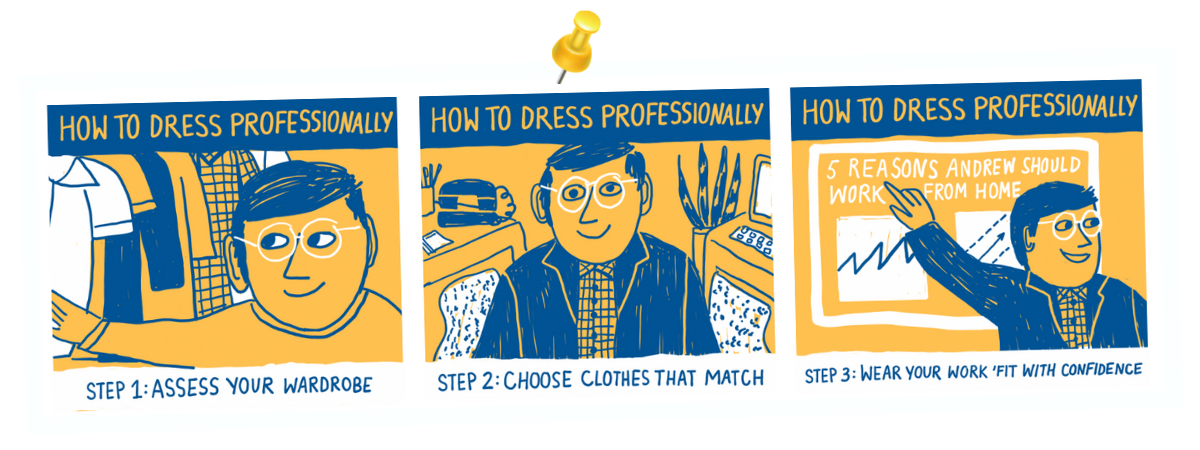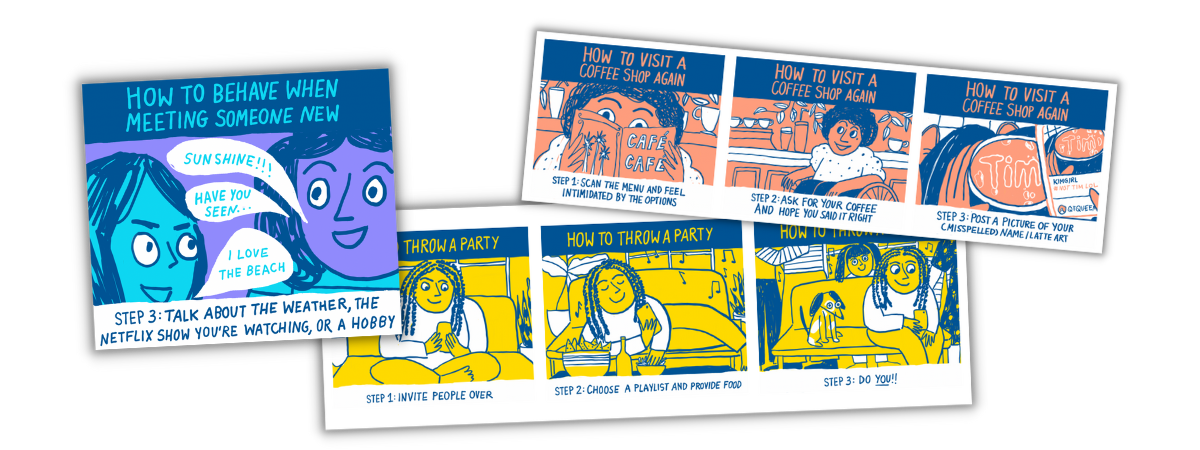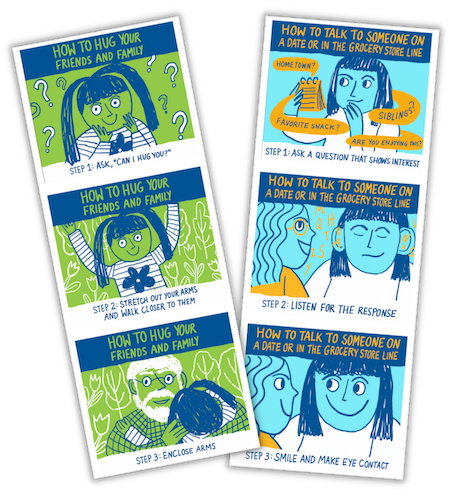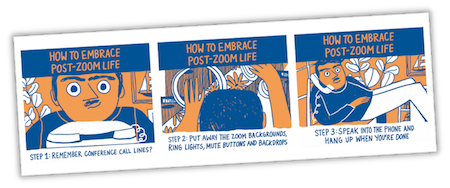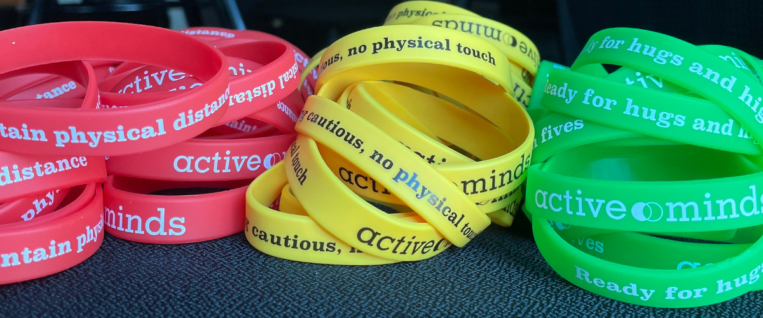According to a poll of Active Minds’ network in 2021, most of us anticipated that an adjustment to a “new normal” would be challenging. That makes sense. Change is difficult, even when there are aspects we look forward to.
As we make decisions around socializing, cope with the new normal, and advocate for continued flexibility and empathy we may have experienced during the pandemic, it will be important to support others around us. Check out Active Minds’ recommended resources for help →


